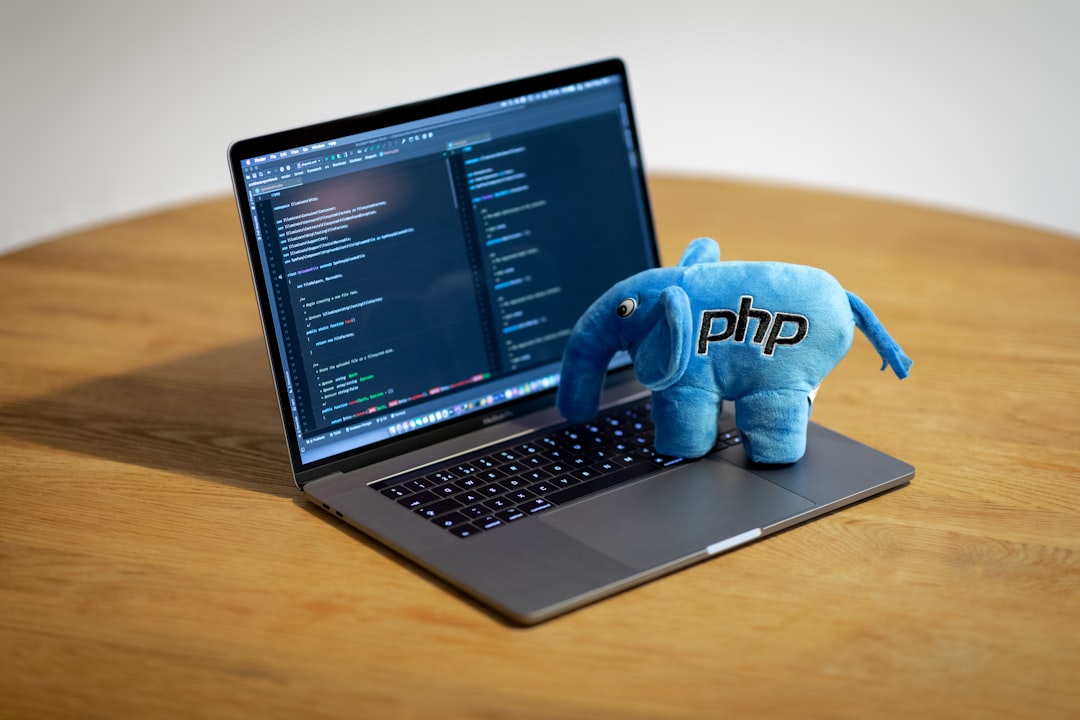
Unlocking Efficient Programming Practices through Advanced Coding Techniques
In today’s fast-paced software development landscape, efficient programming practices are paramount. As the demand for quick delivery and high-quality software increases, unlocking advanced coding techniques becomes essential for developers and teams alike. This article explores various strategies, tools, and methodologies that enhance programming efficiency while ensuring code quality and maintainability.
Understanding Efficient Programming Practices
Efficient programming practices refer to methods and strategies that enable developers to write clean, maintainable, and high-performing code. These practices not only improve individual productivity but also enhance collaboration and streamline the overall development process. Here are some core principles:
- Code Reusability: Writing modular code that can be reused across different projects saves time and reduces redundancy.
- Version Control: Utilizing systems like Git enables collaboration among developers and keeps track of code changes effectively.
- Automated Testing: Implementing automated tests ensures that code changes do not introduce new bugs, thereby maintaining high code quality.
- Continuous Integration/Continuous Deployment (CI/CD): Automating the integration and deployment process reduces manual errors and accelerates the release cycle.
Current Developments in Advanced Coding Techniques
As technology evolves, so do the methodologies and techniques used in programming. Here are some current trends shaping the future of coding:
1. Microservices Architecture
Microservices architecture allows developers to build applications as a collection of loosely coupled services. This approach enhances scalability, makes maintenance easier, and promotes code reusability. For example, an e-commerce platform can have separate services for user authentication, product management, and payment processing.
2. DevOps Practices
The integration of development and operations (DevOps) fosters collaboration and enhances the development lifecycle. By embracing automation, teams can deploy code faster and more reliably. Tools like Jenkins, Docker, and Kubernetes are essential for implementing DevOps practices effectively.
3. Low-Code/No-Code Development
Emerging trends in low-code and no-code platforms allow users with minimal coding experience to create applications. This democratization of software development accelerates the development process and allows developers to focus on more complex coding tasks.
4. Artificial Intelligence and Machine Learning
AI and ML are increasingly being integrated into development tools to enhance coding efficiency. These technologies can assist with code suggestions, bug detection, and even optimize code performance. For instance, GitHub Copilot leverages AI to provide real-time code suggestions, improving productivity.
Practical Applications of Advanced Coding Techniques
To illustrate the impact of advanced coding techniques, let’s consider a case study of a medium-sized software company that adopted a microservices architecture and implemented CI/CD practices.
Case Study: Transitioning to Microservices
Background
The company initially operated on a monolithic architecture, which posed challenges in scalability and deployment. They decided to transition to a microservices architecture to address these issues.
Implementation
- Modularization: The development team broke down the application into distinct services, each with its own database and API.
- CI/CD Pipeline: They established a CI/CD pipeline using Jenkins to automate testing and deployment. This significantly reduced the time taken to release new features.
Results
The transition led to a 40% reduction in deployment times and a 30% increase in system reliability. The team could now roll out updates to individual services without affecting the entire application.
Expert Opinions
According to Dr. Emily Chen, a software architect at Tech Innovations, “Adopting microservices and CI/CD not only improves the speed of development but also enhances collaboration among teams. This shift is crucial in today’s competitive market.”
Tools and Resources for Efficient Programming
To support your journey towards unlocking efficient programming practices, here are some essential tools and resources:
Version Control
- Git: A distributed version control system that helps track changes in source code. Learn more about Git.
CI/CD Tools
- Jenkins: An open-source automation server that enables CI/CD. Explore Jenkins.
- CircleCI: A cloud-based CI/CD tool that automates the software development process. Check out CircleCI.
Code Quality Tools
- SonarQube: A platform for continuous inspection of code quality. Discover SonarQube.
- ESLint: A tool for identifying and fixing problems in JavaScript code. Get started with ESLint.
Learning Resources
- “Clean Code: A Handbook of Agile Software Craftsmanship” by Robert C. Martin: A must-read for any developer looking to improve their coding practices.
- “The Pragmatic Programmer” by Andrew Hunt and David Thomas: Offers practical tips and insights into coding efficiency.
Further Reading
Conclusion
Unlocking efficient programming practices through advanced coding techniques is not just a trend but a necessity in today’s software development landscape. By adopting modern methodologies such as microservices, DevOps, and AI-driven tools, developers can enhance their productivity while maintaining high code quality.
As you explore these advanced techniques, consider integrating them into your workflow. Share your experiences, learn from others, and continuously seek knowledge to remain at the forefront of software development.
For ongoing insights and updates, consider subscribing to relevant newsletters or following industry leaders on platforms like GitHub. Engage with the community, share your thoughts, and strive for excellence in your programming journey.
Glossary of Terms
- Microservices: An architectural style that structures an application as a collection of loosely coupled services.
- CI/CD: Continuous Integration/Continuous Deployment, a method to frequently deliver apps to customers by introducing automation into the stages of app development.
- Version Control: A system that allows multiple people to work on a project simultaneously, tracking changes and managing file versions.
By integrating these advanced coding techniques into your practice, you can significantly enhance your programming efficiency and contribute to a more productive development environment.


